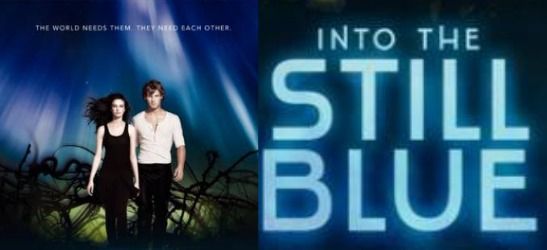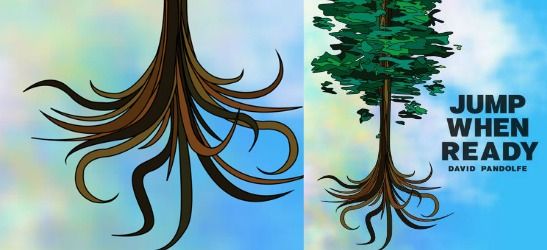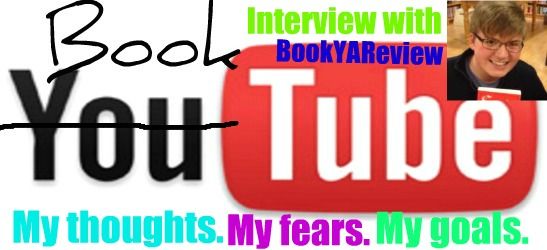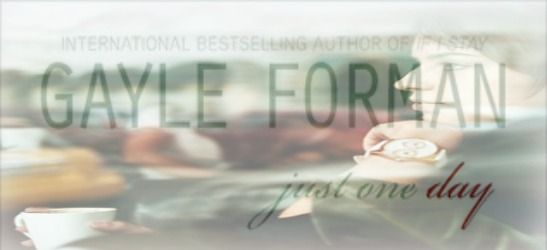Review on Huffington Post calls Annabel Hertz’s new book: energetic, witty and timely
WASHINGTON, D.C. – Drawing on clever social commentary and her own experience in the political realm, author Annabel Hertz will get readers “Seeing Green” in no time.
Her new book “Seeing Green” (April 15, 2014) steps into the world of cutthroat politics and environmental policy as seen through the eyes of a young multicultural woman whose personal life seems to parallel her professional life as an activist on the frontlines of Washington D.C. in the ’90s. Never afraid to articulate her personal convictions, Hertz’s modern day heroine is strong and profound, yet humorous and relatable.
“Seeing Green” is Hertz’s first endeavor in historical fiction, reviewed on The Huffington Post as “timely, energetic and witty.”
Much like the protagonist she introduces in “Seeing Green,” Hertz has delved into the world of politics with organizations involved in international relations and sustainable development. More recently, she served as a policy consultant, adjunct professor at the Geneva School of Diplomacy and International Relations and Global Governance Fellow at the World Economic Forum.
“Seeing Green” is Hertz’s debut novel. She holds master’s degrees from Harvard’s John F. Kennedy School of Government and San Francisco State University, as well as a bachelor’s degree from the University of California where she studied politics. Hertz is currently pursuing a doctorate in international relations at American University in Washington D.C.
Q&A with Annabel Hertz
Arcani Kirsch, the heroine in “Seeing Green,” is a multicultural woman with a Native American and Jewish background. What role does her ethnicity play in the book?
Arcani’s mixed heritage plays several roles in the book. First, it’s a fundamental source of her identity predicament in that she is trying, throughout the book, to relate to both sides of her lineage and draw upon and unify these heritages for inspiration—and for connections to her own life.
At the same time, she sometimes feels a bit in limbo because of this mixture, and even experiences tension around it—not to mention the friction she encounters, as a minority, within society as a whole, which causes her to wrestle with her identity as an American.
Her multiculturalism is also symbolic of all the other ways that she is divided in the story—between striking out on her own and staying close to her aunt, sticking up for herself and not making waves, getting ahead without sacrificing values, being a Washington inside and an outsider….carefree versus committed, east coast-west coast. And the list goes on.
So, as a result, like many of us, Arcani spends a fair amount of time trying to both assert and reconcile competing tendencies in—or parts of— herself.
Finally, her mixed heritage is—I think and hope—a source of humor in book.
What do you think makes Arcani such a relatable character?
The aforementioned internal struggles makes her relatable, including to men, which indicates some level of universality in her character. She is imperfect—as are her immediate work environs and personal life, so most people have had some experience with that, and can empathize with her and things not going according to plan, see her vulnerabilities and forgive her self-righteousness, such that they welcome growth that occurs during her various mini crises, and want her to succeed.
Are you anything like Arcani?
On one hand, almost everything that happens to Arcani has never happened to me. She really took on a life of her own—which I am sure is a typical for many writers. On the other hand, I channeled some of my views through her, and reinterpreted some specific moments or emotions I have experienced in scenes with her, and added my heritage to hers halfway into writing the book specifically to personalize the story (as well as to complicate things). So, I am sure there are some similarities between us— though some folks who are not overly fond of her are still friends with me! But I also put pieces of myself—so to speak—in the other lead female characters, and even in the male and secondary characters. Each character is partly a composite of various people—and partly a product of imagination.
“Seeing Green” is a work of historical fiction. What parts of the book are based on real events?
Presidential campaign events like the Democratic National Convention, the scene in Bryant Park, the Inaugural parade—those all occurred, as did of course the Rio Conference on Environment and Development, although the Earth Treaty is a gross over simplification of that conference’s outcomes.
The one-year follow up to Rio, the Ministerial conference in Paris, never existed. Some events are mixed—for example, the environmental inaugural ball occurred but its locale and the events in it were fictionalized, as was the politics on Capitol Hill and the hearing, though I drew from real hearings that were occurring at that time. References to international events—the aftermath of the Cold War, the Iraq war, Chernobyl, the Bosnian conflict—are all of course real. By establishing this broader context, I tried to capture the political zeitgeist of the early 90s. I also ended up showing how history—and particularly public and political debates—are cyclical. To me, the similarities and parallels were notable.
Do you have to know a lot about politics or environmental policy to enjoy “Seeing Green?”
Not at all. In fact, one of my goals was to personalize the politics and policy to the point that it was intrinsic to the stories about the characters and their motivations, personalities, and growth trajectories. I wanted to make politics more accessible. Some of what’s currently popular on television about Washington already does this, but I think Seeing Green takes accessibility to a new level because of the depth and multidimensionality of the protagonist and her struggles (which doesn’t normally exist in political fiction), and because of its focus on underlings and underdogs who may have linkages to power but are relatively powerless, and have their own dynamics.
How did you get interested in politics and international relations?
When I was 14, I saw a documentary at school called ‘The Last Epidemic’ about nuclear war and based on a conference held by Physicians for Social Responsibility. That was a life changing moment, much the way the cold war influenced the character Ginger in the 2012 film “Ginger and Rosa,” only in my case there was a delayed reaction—it wasn’t until college that I became active in the anti nuclear testing movement and interested in international disarmament. That was a formative and exciting time. I was inspired by Helen Caldicott, the Australian anti-nuclear activist, the Western Shoshone People, who were leading the charge in the US, and by Gorbachev and the momentum of Perestroika in Russia. Soon after, the Berlin wall was dismantled.
How did your experience in politics and policy shape your book?
My experiences provided a very healthy reservoir to draw upon when coming up with the narrative and sub plots. Although the book really arose from the sheer desire to create and entertain, the content seemed value added and an appropriate fit—and the perspective seemed unique to what’s already out there.
“Seeing Green” is humorous and entertaining, yet it serves as a commentary on some serious issues. What do you want readers to take away from your book?
First and foremost, I want them to have fun and be entertained—but ideally in a way that also feels nourishing and is perhaps thought provoking and maybe even moving. Some of my favorite films and novels combine these elements, and I worked hard to make the book read lightly, while still containing grit and ballast. In terms of take aways, the idea of being true to oneself both emanates and resonates. I thought that idea might inspire young women in particular—since Arcani is 25—but it’s a classic message that’s always had broader appeal. Also there is the green message—a de-emphasis on materialism—but this is conveyed through the plot and protagonist’s values, and is not intended to be preachy or overbearing, and I don’t think it comes across as such.


















I love seeing what authors have to say about the subject they write about!
ReplyDelete